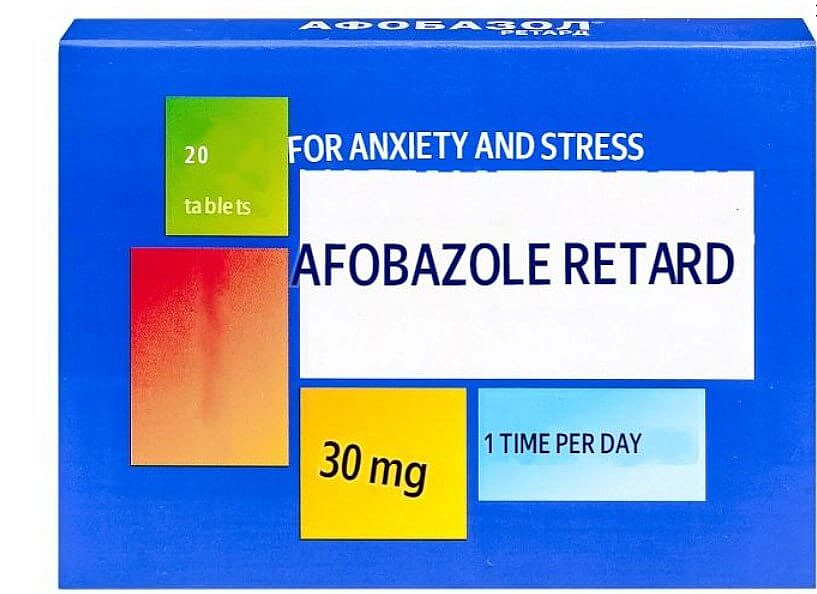Anxiety and how to deal with it

Each person knows a feeling of fear. It usually appears when we see, hear, or feel threatened. That is, as a rule, we clearly understand where the danger comes from and what to avoid. But there is another kind of fear that can be quite unpleasant: it seems to be in the air, even though there is no real threat. In such cases, the person may feel anxious as if watching a thriller with appropriate music. This uncertain fear is called anxiety, and the tendency to fear is called anxiety.
Signs of anxiety and its relationship to depression
Anxiety states can occur for a variety of reasons. For example, a child may start to learn less, and a husband may be delayed on the way home because of icy conditions. You can also fear negative events, such as an increase in the price of flights or denial of a visa. Sometimes, however, anxiety appears for no apparent reason. If this happens frequently and causes significant distress, increased anxiety is indicated. In such cases, determining what caused the anxiety can be difficult, and the uncomfortable feeling may gradually drain nerves.
Moreover, increased anxiety can manifest in physical symptoms when a person does not seem to be anxious (or is accustomed to ignoring it), but is troubled by various sensations, such as excessive sweating of the feet and palms, unpleasant taste in the mouth, dizziness, leg pains, as after intense exercise, aching pains in the hands as if from heavy bags, nausea, pain in the side and other parts of the body. If these pains raise the fear of serious illness, it indicates an hypochondriac type of anxiety. Anxiety often coexists with depression or can cause depression if it occurs for a long time. Sudden, acute anxiety attacks are known as panic attacks.
Causes of Increased Anxiety
A genetic predisposition may be one cause of anxiety. The person may lead a normal lifestyle, but under certain conditions, such as stress, anxiety can manifest. Psychologists argue that anxiety is often rooted in childhood and is related to excessive parental care or lack of attention from parents. Negative experiences and special considerations of self-esteem can also trigger anxiety.
Anxiety may not be manifested since childhood, but suddenly appears in an adult in the background of prolonged stress, anxiety or trouble. It may manifest as a panic attack that quickly disappears or develop gradually and may worsen with time. Anxiety can also occur in certain situations, such as taking the subway.
Influence of anxiety on quality of life and development of neurosis of obsessive states
Anxiety can dramatically worsen a person’s quality of life. She can deprive him of his job and normal life, especially when accompanied by depression. In such cases, a person loses the will to live, focusing solely on his disease and ways to overcome it. He becomes restless, listens to his body for pain, loses his appetite and sleep, and loses interest in his former hobbies and amusements. As a result, hobbies and personality may be abandoned, and the individual's personality may undergo significant changes.
In addition, increased anxiety can be combined with neurosis of obsessive states. People often believe that performing certain rituals will help them reduce their anxiety. For example, they can step on every other tile while walking, board a specific subway train at a specific location in a car, or walk the same road. Any change in these rituals is a real tragedy for them.
Some people are anxious about their health and that of their loved ones. They exhort relatives with endless questions about their well-being, especially if they are not in good health. Even the slightest deterioration in the condition of their loved ones increases their anxiety. Such people may repeatedly ask obvious questions—for example, whether the person who always goes to bed at 1 a.m. goes to bed at 10 p.m.
Various tests and scales can be used to determine the presence and level of anxiety. They usually consist of a series of questions with variant answers, and end with an interpretation of the result. However, it is not necessary to fully rely on such tests, since the authors do not know all the life circumstances of the test subject. If you feel signs of anxiety, it is recommended to contact a specialist for professional help.
Reducing Anxiety: Drugs and Psychotherapy
Anxiety is treated by a psychiatrist or therapist. Psychiatrists can be found in regular clinics or psycho-neurological dispensaries. You should not be afraid to visit a psychiatrist, as they will not cause harm.
At the first appointment, the doctor will hold a conversation to learn about the beginning of the disease, lifestyle, work, stress level, allergies and other diseases. Sometimes, the demand may include questions about childhood and adolescence, school, and family members to help them better understand the patient and choose the most appropriate drugs.
It is important to understand that drugs may not be appropriate the first time around, and that multiple visits to a doctor may be needed. The effects of drugs may take a long time to manifest themselves, and patience will be required.
With medication selection, the patient can lead an almost normal life, but it is important to remember to take daily medication. Cure of anxiety is difficult to achieve, particularly if the problem began in childhood. However, stable remission can be achieved, and the doctor may allow these pills to be stopped if the person improves.

